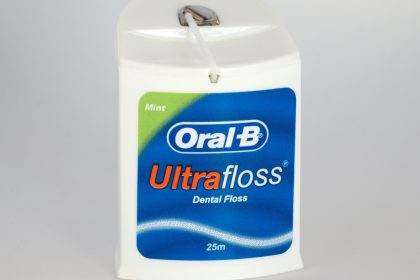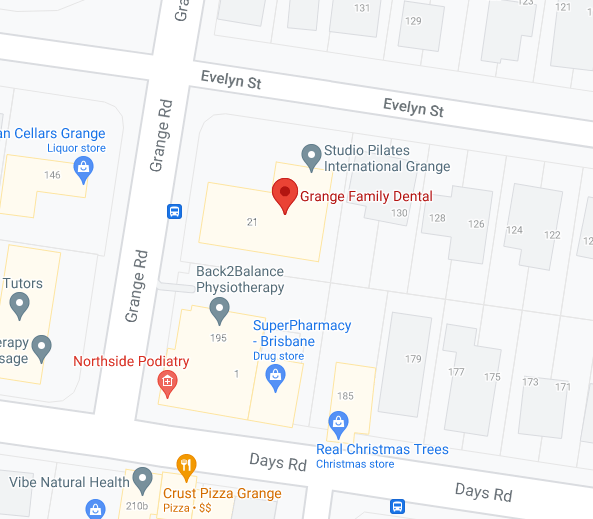
You asked and we answered! Below are some questions we commonly get about flossing your teeth.
How to floss effectively?
Grab 15 inches of floss and twirl the ends around each index finger. Gently slide the floss in between your teeth and pull to one side to wrap it around each tooth in a “C-shape.” Polish your teeth using an up and down motion, ensuring that you go beyond the gum line. This technique allows you to scrape away build-up on the tooth, beneath the gum. Make sure you repeat this process on each side of every tooth. Check out our guide on how to floss for more information.
How long before flossing makes a difference?
If you are flossing your teeth once a day you should start to see the difference after your first week. Flossing is a very quick and simple way to improve your overall oral hygiene. While flossing your teeth every now and then will still be beneficial for you, to get the best results you need consistency. Incorporate flossing into your everyday routine for the best and long-lasting results.
Why is it important to floss your teeth?
Flossing your teeth is super important as brushing alone does not cover all surfaces of your teeth. Your teeth have five surfaces, and without flossing, you are missing at least two of them. These two surfaces are the sides of your teeth. Overlapping teeth and the back of the molars are the most difficult places to get to and dislodge trapped food. Flossing your teeth helps to reach these difficult places and subsequently helps you avoid gum disease, tartar build-up and tooth decay and reduces discolouring bacteria. This helps to make your smile whiter and brighter and eliminated bad breath. There are no downsides to flossing your teeth!
Why does it smell so bad when I floss?
There can be several reasons that your floss smells bad after use. A common reason for bad smelling floss comes from poor oral hygiene. While you might be brushing your teeth every day, if you are not flossing your teeth regularly you are doing yourself a disservice. Without regular flossing bacteria and plaque can accumulate in the gum, between teeth and other hard to reach places. The longer the plaque and bacteria stay in your mouth, the more likely they are to start releasing a foul odour. Overtime, if food and bacteria are not removed from the mouth you may start to develop gum disease which will contribute to foul-smelling breath.









